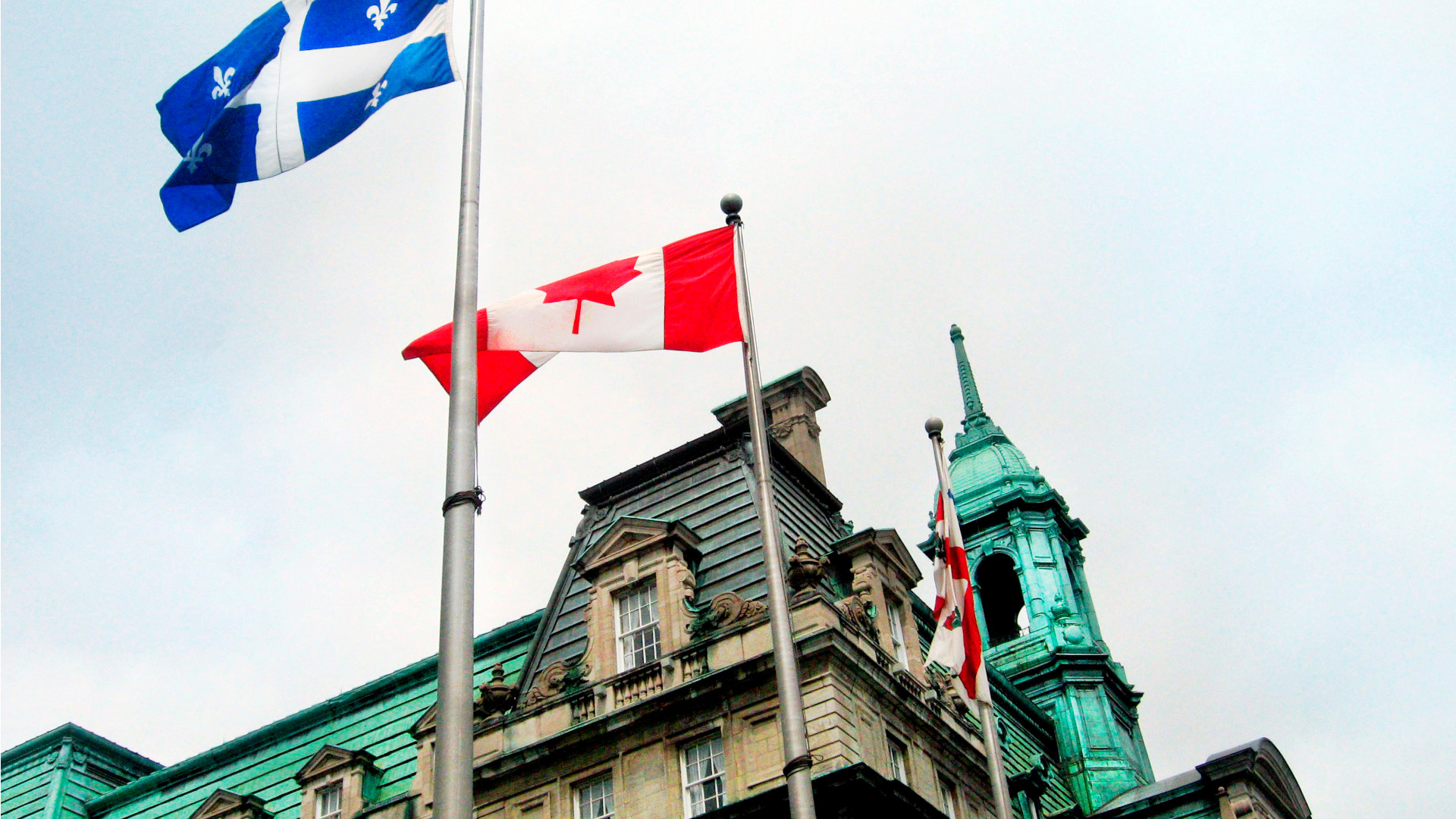(Version française disponible ici)
The federal government elected at the end of April 2025 decided not to table a budget this spring. Even in uncertain times, presenting a budget should not be optional. At the very least, an economic update in June would have provided a snapshot of public finances and the financial impact of recent decisions. Instead, we’ll have to wait until fall for a full picture of the federal books.
In the meantime, we’re left with numbers from the December 2024 economic statement. But a lot has changed since then: revenues are falling, spending is climbing, and the deficit is almost certainly worse than what the Liberal Party of Canada (LPC) projected in its campaign platform.
The release of the 2025 edition of Panorama des finances publiques du Québec (Overview of Quebec’s Public Finances), from the taxation and public finance chair at the University of Sherbrooke, is a good occasion to take stock of the fiscal outlook in Ottawa and Quebec City.
The federal government faces a growing deficit
Federal spending is climbing due to higher military spending targets and a push to fast-track infrastructure projects with the provinces.
On the revenue side, the trade war launched by the United States is hurting the economy – and government revenue. Two planned revenue measures have also been scrapped: the digital services tax and an increase in the capital gains inclusion rate.
Despite these pressures, the new government has chosen to give up revenue by moving ahead with two tax cuts: removing GST on new homes and lowering the first personal income tax bracket from 15 per cent to 14 per cent.
It is true that over the summer, the minister of finance announced an ambitious spending review.
But that exercise was already baked into the LPC platform and fiscal framework.
Here’s how the numbers have shifted:
December 2024 economic statement: $42.2 billion deficit for 2025-26.
LPC fiscal framework (April 2025): $62.3 billion.
C.D. Howe Institute estimate (summer 2025): $92.2 billion.
That’s a striking deterioration – one that makes delaying an update until fall hard to justify.
The previous government’s fiscal anchors seem to be forgotten. Less than a year ago, Ottawa was projecting a declining debt-to-GDP ratio; now, the opposite looks likely.
The need for a federal budget is urgent.
Plan to return to balance in Quebec
Let’s start on a positive note: the latest data from Quebec’s quarterly financial report indicate an improvement for fiscal 2024-2025 compared to the March 2025 budget forecasts. And credit is due to the minister of finance for complying with the requirement to present a plan to return to balance as required by the Balanced Budget Act.
This plan, unveiled in the March 2025 budget, starts with a $13.6 billion deficit in 2025-2026 and gradually closes the gap to return to balance in 2029-2030. If successful, this would mark Quebec’s longest string of deficits since the act came into force.
But getting there will require discipline and significant effort:
Spending restraint: Program spending growth must fall from an average of 5.9 per cent over the past decade to 1.7 per cent annually through 2029-30.
Lost federal revenue alignment: Quebec expected to harmonize its rules with Ottawa’s planned capital gains changes, worth $750 million a year in revenue. That’s gone.
A $2.5-billion gap: Additional savings still need to be found to hit balance by 2029-30.
Meanwhile, Quebec has already revised its debt targets upward, just 15 months after the National Assembly adopted them in December 2023. It’s in this context that Standard & Poor’s recently downgraded the province’s credit rating.
With a Quebec election coming in 2026, will this warning prompt parties to treat sound public finances as a priority?
The next economic update must do two things: gradually erase the structural deficit that has emerged in recent years and strengthen the plan for balance without gutting essential public services.
Between Ottawa’s recent election and Quebec’s upcoming one, it’s worth ending on this note: if voters stopped wanting more from government while paying less – and if parties stopped pretending this was possible – it would be easier to match spending ambitions with revenue realities.










